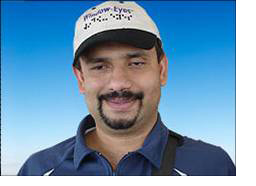 It is a great honor for me to be here with you today. Two days ago, I returned to the States from the Philippines after attending the World Federation of the Deaf-Blind conference. It was an amazing experience being there amid all the chaos from the super typhoon. I was very much saddened to learn that many had to suffer as a result of the typhoon and I decided to remain there when I was encouraged to leave the country.
It is a great honor for me to be here with you today. Two days ago, I returned to the States from the Philippines after attending the World Federation of the Deaf-Blind conference. It was an amazing experience being there amid all the chaos from the super typhoon. I was very much saddened to learn that many had to suffer as a result of the typhoon and I decided to remain there when I was encouraged to leave the country.
 Being from a developing country myself, it was important to me that we all come together during events of painful or good times. All conference attendees, both deaf-blind delegates and interpreters from Europe, Australia, Asia, South America, and Africa, stayed and we all went along with planned activities and supported one another to remain positive and happy.
Being from a developing country myself, it was important to me that we all come together during events of painful or good times. All conference attendees, both deaf-blind delegates and interpreters from Europe, Australia, Asia, South America, and Africa, stayed and we all went along with planned activities and supported one another to remain positive and happy.
Below: iPhone 5s with Focus 14 Blue
 All of this was possible with the magic of technology. With my iPhone 5s and Bluetooth-enabled Focus 14 Blue braille display, I was able to keep communicating with family, friends, and colleagues throughout the week to keep them updated via Facebook, texts, and e-mails about my whereabouts, as well as for me to frequently check the weather forecasts and news related to the typhoon. Now I am glad to be with you all today but we must remember those who are still suffering in the Philippines.
All of this was possible with the magic of technology. With my iPhone 5s and Bluetooth-enabled Focus 14 Blue braille display, I was able to keep communicating with family, friends, and colleagues throughout the week to keep them updated via Facebook, texts, and e-mails about my whereabouts, as well as for me to frequently check the weather forecasts and news related to the typhoon. Now I am glad to be with you all today but we must remember those who are still suffering in the Philippines.
Now I would like to begin by emphasizing how the power of technology has led to the opening of a new world for the deaf-blind population around the globe; something never imagined during Helen Keller's time. I am standing here holding all technology gadgets in my hands and they are reminders to me how my work as a technologist is constantly changing the lives of other deaf-blind people everyday.
When I graduated from Perkins School for the Blind in Watertown, Massachusetts, twenty years ago, I could hardly believe that going to college was pragmatic to me as the chance of receiving financial aid remained slim. I was frightened by the idea of having to return to India and finding myself living in dark there without access to technology and the world for all the efforts I pursued achieving my education at Perkins. What I am today does not seem a big deal to me but once I look at the number of accomplishments I have endured, I am amazed.
 I was brought up in a village twenty miles south of Kolkata. The village is mostly filled with farmlands and forests; has no paved roads, vehicles, or fancy markets except for a few food bazaars.
I was brought up in a village twenty miles south of Kolkata. The village is mostly filled with farmlands and forests; has no paved roads, vehicles, or fancy markets except for a few food bazaars.
I was born deaf; the cause of my deafness is unknown. Since eighty-five percent of the village's population lives in poverty and illiteracy, I am very grateful to have been born to parents who are prestigiously educated. Most people of Indian culture are embarrassed to show their disabled children in public, but my parents--exceptional folks--could understand that my needs were very special. Contrary to most parents of disabled children receiving help and counsel from agencies for parents newly exposed to disability, my parents, as teachers themselves, knew how to handle my deafness without any assistance from outside specialists.
 At the age of two, my mother taught me how to speak Bengali, my native language. She used many artistic ways to describe how to make the sound of a letter by moving her lips and had me feel her throat for vibrations.
I could then speak and lipread. People who had heard my voice frequently could understand me.
At the age of two, my mother taught me how to speak Bengali, my native language. She used many artistic ways to describe how to make the sound of a letter by moving her lips and had me feel her throat for vibrations.
I could then speak and lipread. People who had heard my voice frequently could understand me.
When I was six years old, I was sent to a school in Kolkata near my mother's family's house. As I was deaf, I had to sit in the front of teachers to be able to lipread what was said. Unfortunately, I faced many difficulties at this school, because the pupils took advantage and made a mockery of my deafness. They would guffaw at my misunderstandings while I struggled to lipread and comprehend what the teachers were saying. The teachers also were not aware of the situation and let it continue. At that time I was too naive to deal with the situation, therefore, I became intolerant and behaved naughtily. The school got disgusted and expelled me after six months. I headed back home in the village.
One day, for some unexplained reason, my mother decided to examine my sight. She placed her hand on my right eye and asked if I could see in the left eye. I replied yes, and she switched to my left eye. I felt terrified to discover that I could not see a single thing in the right eye. I was afraid to tell her the truth and lied yes. She was clever enough to hold an object before me and requested me to identify it. I guessed wrong. Although she told me not to worry about being blind in that eye, she felt saddened. I was frozen into deep thought about what had happened. I remembered and told her that I was digging soil one day with one older boy from my neighborhood when he accidentally threw soil into my right eye. I never realized that I was blind in one eye since I still could see in the other eye.
My father had me admitted to a hospital where I stayed for three months during which time doctors tried to find the cause of my blindness. All the doctors could say was that the retina had been badly destroyed. I returned home where I was accepted to a nearby elementary school. At first the school would not allow my enrollment because they thought I could not compete with other students. My parents were persistent in persuading the school's headmaster to let me in. I was then seven and a half years old and in the first grade.
At age nine, when I was halfway through the second grade, I had a fight with a boy who decided to throw ash-like dirt into my eyes. I was hurried to the hospital. The doctor could not recover my vision fully as the retina was already detached. I slowly became totally blind during a three-month period. I became horrified and did not know how to live or move around freely without any sight. I had to quit school. After the incident, my young brother was born, causing chaos for my family to handle at an already difficult time.
I was confined at home for four years as I had to stop going to school because there were no services available for students in my situation. My father diligently searched for a way for me to resume my education. Unfortunately, all the schools for the blind in India would not accept me as they had no provisions for working with deaf-blind students. At last, he met a principal of a blind school in Kolkata who advised him that Perkins School for the Blind was the best option for me. Since the government in India would not aid me either financially or otherwise, the process in making arrangements for me to enter Perkins was complicated. However, Perkins was very generous to have offered me scholarships for the time I was enrolled as a student there.

 I came to Perkins in September of 1983. While there, I learned English, braille, and American Sign Language. The photo to the left shows my father with me at Perkins - he took a one-year leave of absence from his job to come and stay with me to assist me by translating from Bengali to English. After one year at Perkins and seeing that education was key to my success, they once again offered to keep me until graduation. I worked my way through high school and graduated with a diploma in 1992.
I came to Perkins in September of 1983. While there, I learned English, braille, and American Sign Language. The photo to the left shows my father with me at Perkins - he took a one-year leave of absence from his job to come and stay with me to assist me by translating from Bengali to English. After one year at Perkins and seeing that education was key to my success, they once again offered to keep me until graduation. I worked my way through high school and graduated with a diploma in 1992.
After much search for financial aid and a suitable college, I chose to attend Gardner-Webb University in Boiling Springs, North Carolina, for a year and then at the University of Arkansas at Little Rock until graduation in 1998. I earned a bachelor's degree in political science as I was always fascinated in legal issues and governmental affairs.
Computer electronics and adaptive technology-related gadgets were always my vital interest from my teen years. Prior coming to the United States, I had no idea I would be fascinated by technologies and machineries. When I first was exposed to an Apple IIE computer with a classic VersaBraille device, I fell in love with computer gadgets. I began to play with everything I could get my hands on and even built my own computer. I loved reading technical manuals to learn how to operate equipment. If you can remember the disk operating system (DOS) days, I began using bulletin board systems (BBS's) where I met interesting people and they did not know I was deaf-blind! I started to have access to news and weather from that day. My strong interest in computers continued throughout my college years. Although I did not study computer science, I thought combined knowledge in computers and political science would contribute to my becoming a strong leader in the community and possibly pinpoint me to a job suited for by my extraordinary expertise.
While looking for a job as a policy analyst in a law firm, I came to network with a friend who worked at the Helen Keller National Center (HKNC). He suggested that I apply for an instructor position in the Technology Center there. I told him that I was reluctant to proceed since I did not hold a degree in computer science. He was quick to say that I held sufficient expertise for the position. I agreed to proceed and applied for the position. I was called to fly to New York for a job interview. Following a successful interview, I was hired to work there in 1999!
During my employment at HKNC, I was promoted to hold a supervisory position in the Technology Center until eight years ago. Due to the fact more and more people began requesting for my services outside of HKNC, I was transitioned to my current position as a technology development and training specialist. My responsibilities involve
- 1) teaching consumers with a wide range of vision and hearing loss to use computers via braille access, screen magnification, and speech output,
2) evaluating and beta testing various Windows- and Mac-based applications, prototypes of new products, and telecommunication devices and services for people with access needs, and
3) communicating with key people involved with designing and manufacturing these products to make them accessible, user-friendly, and cost-efficient.
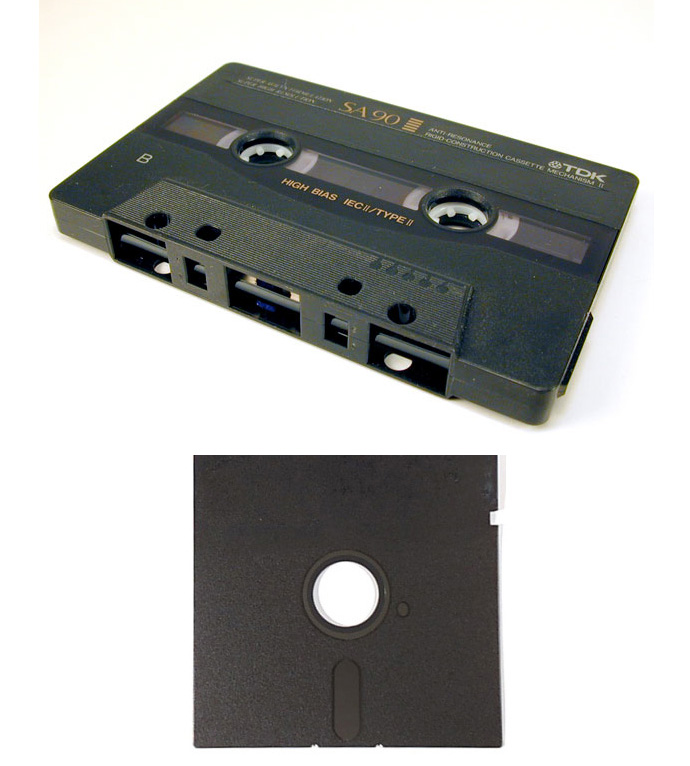
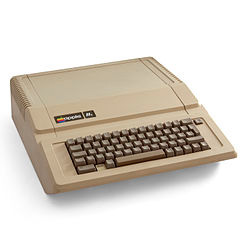
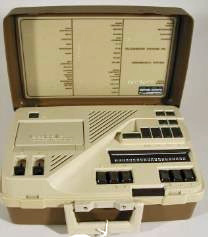
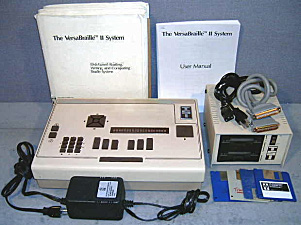
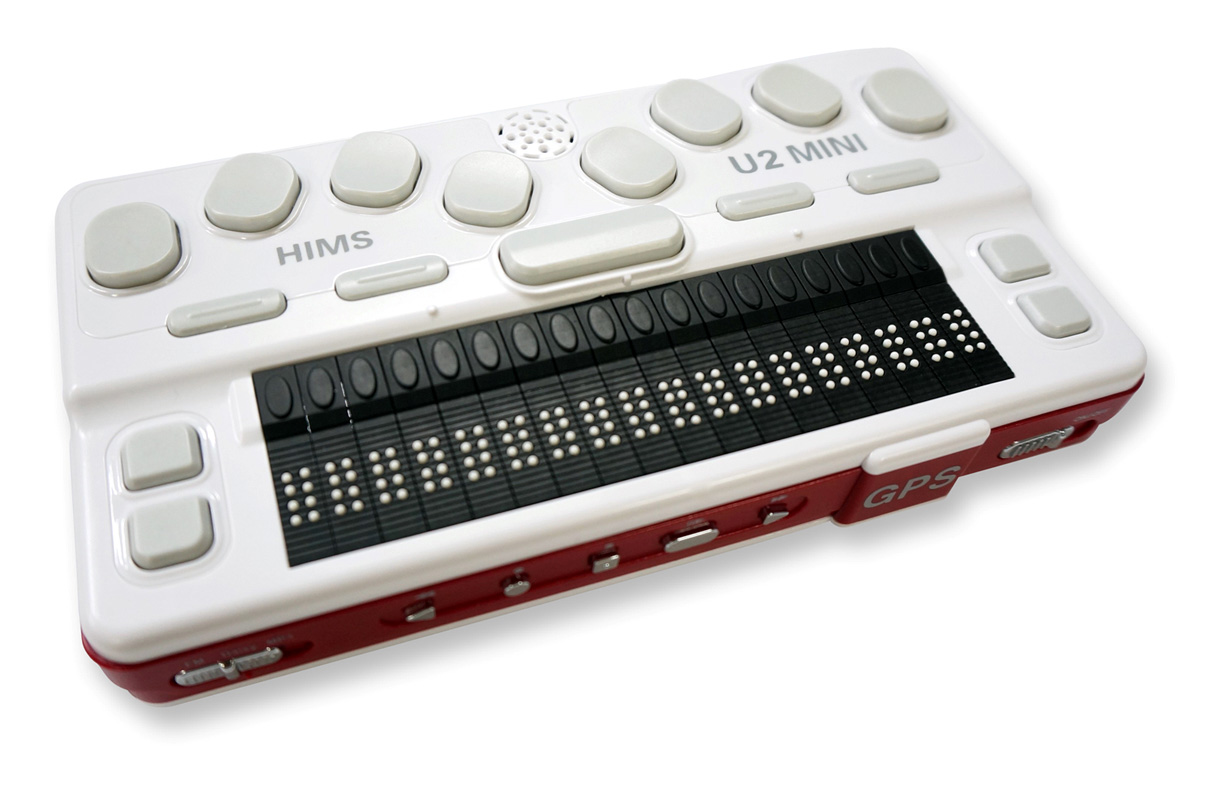

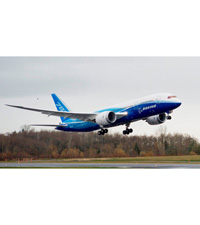

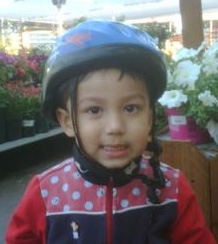

 In my own life, the package for success includes my dear wife, Sook Hee Choi, and our lovely little son, Navin! And of course my faithful dog guide, Dinah, who served as a great companion and traveled with me to more than 35 states and one country within 10 years before she left me. My current dog guide, Walter, has been with me only a year and a half and already has traveled with me in 16 states and is continuing!
In my own life, the package for success includes my dear wife, Sook Hee Choi, and our lovely little son, Navin! And of course my faithful dog guide, Dinah, who served as a great companion and traveled with me to more than 35 states and one country within 10 years before she left me. My current dog guide, Walter, has been with me only a year and a half and already has traveled with me in 16 states and is continuing!